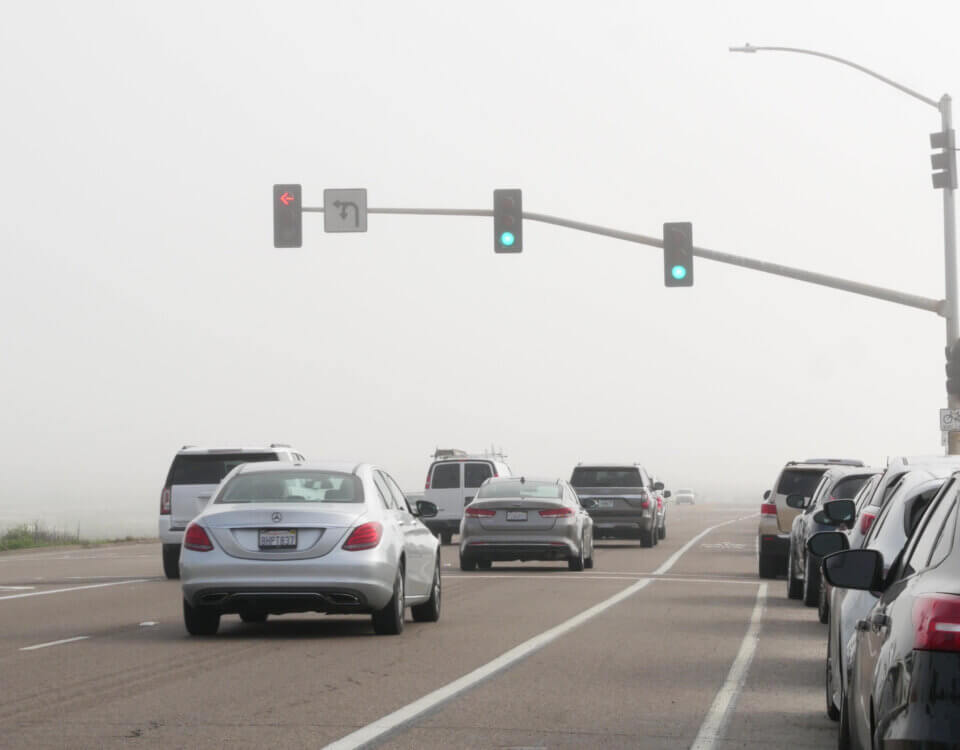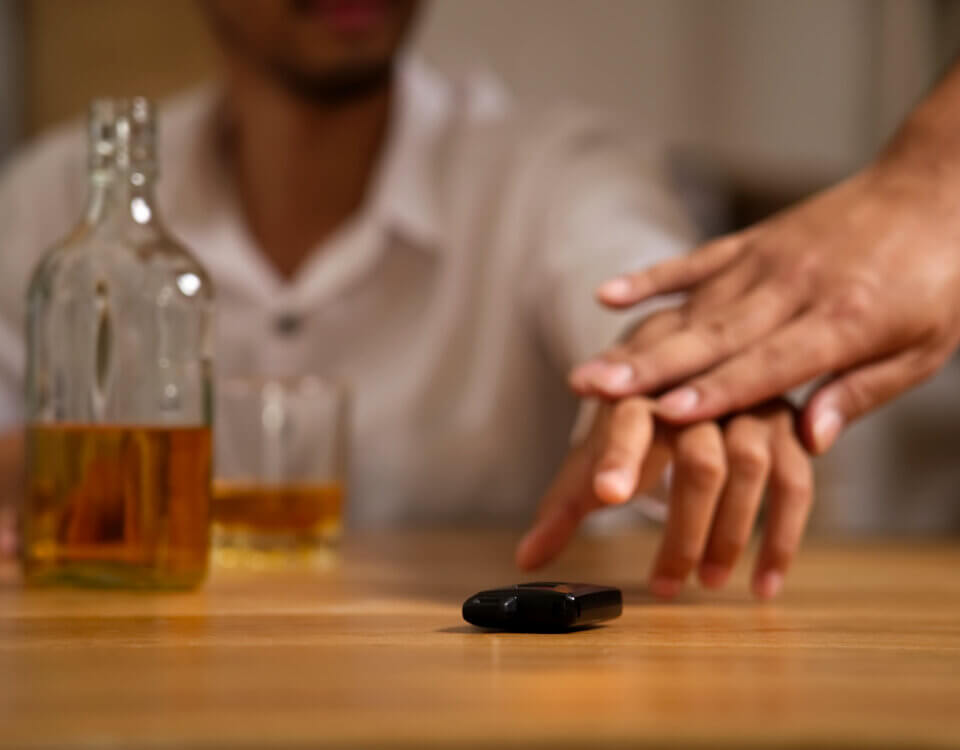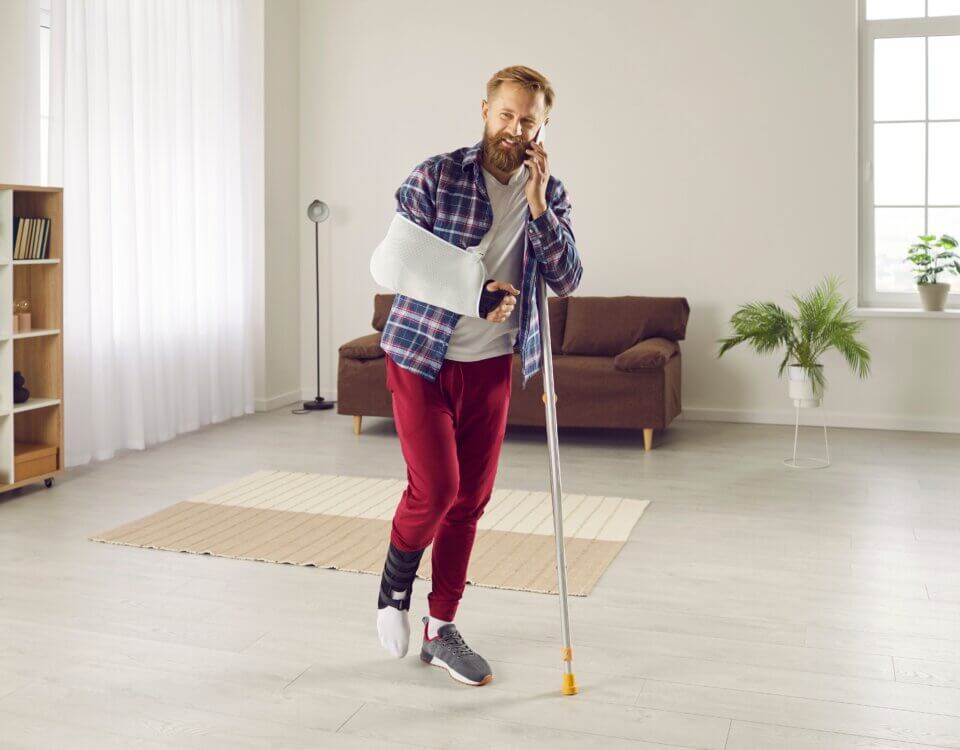At Hillstone Law, we understand how frustrating it can be to start working with an attorney only to have them drop your case partway through. If you’ve recently experienced this or had multiple lawyers decline your case altogether, you’re likely wondering: Why won’t a personal injury lawyer take my case?
While every situation is different, there are several common reasons a personal injury attorney may choose not to take a case or may decide to withdraw after initially accepting it.
1. Insufficient Damages
Most personal injury lawyers work on a contingency fee basis, meaning they only get paid if you win. If your case involves minor injuries or low financial losses, it may not justify the time and resources needed to pursue it especially if the legal costs might exceed the potential recovery.
Attorneys must evaluate whether your damages (like medical bills, lost wages, pain and suffering, or property damage) are significant enough to make the case financially viable for both you and the firm.
2. The Case Will Take Too Long to Resolve
Time is a critical factor in personal injury litigation. If your case is expected to drag on for years and requires extensive litigation with no guarantee of a high-value outcome, some attorneys may choose to pass. Because contingency-based lawyers don’t get paid until the case settles or wins, they have to carefully manage their caseload and weigh whether the long timeline makes financial sense.
3. Proving Liability Is Challenging
Even if you suffered real injuries, a lawyer needs to prove that someone else was legally responsible. If liability is unclear or evidence is lacking, the attorney may determine that the case is too difficult to win.
In some cases, partial fault may lie with the injured party, which complicates the claim further. If it appears too hard to establish negligence or fault, an attorney might decline to proceed.
4. The Defendant Has Limited or No Resources
In most personal injury cases, compensation comes from an insurance policy. But when the at-fault party doesn’t have adequate insurance or any insurance at all it may be very difficult to collect damages, even with a successful judgment.
If the defendant lacks the financial resources to pay, and there’s no insurance coverage available, a lawyer may drop or refuse the case because there’s no practical way to recover compensation.
5. The Case Is Too Costly to Handle
Personal injury cases can be expensive to build. Expert witnesses, accident reconstructions, depositions, medical records, and court filings all come with significant costs.
If the expected return doesn’t justify those upfront expenses or if the case requires resources beyond what the firm can reasonably invest a lawyer may decline to take it on or withdraw after further assessment.
6. Conflict of Interest
Lawyers are bound by strict professional ethics. If your case presents a conflict of interest such as the defendant being a current or former client the attorney is ethically obligated to step away. Conflicts can also arise in situations involving business relationships, family ties, or even prior case history with opposing counsel.
When in doubt, a responsible attorney will err on the side of caution to protect both themselves and their clients.
What Should You Do If a Lawyer Drops Your Case?
If your lawyer decides to withdraw from your case, it doesn’t necessarily mean your claim lacks merit. It may simply not align with that firm’s caseload, risk profile, or financial model.
At Hillstone Law, we’re committed to offering transparent guidance and aggressive representation. If you’ve been dropped by a previous attorney or have had trouble finding legal help, we’re happy to review your case and provide a second opinion free of charge.
Note: These blog posts are created solely for the use of Hillstone Law. The information is gathered from internet research, publicly available sources, and artificial intelligence (AI) tools such as ChatGPT. While we aim to share helpful and educational content, Hillstone Law does not independently verify every detail. Some information may be incomplete, outdated, or subject to change without notice. If you believe any part of a post is inaccurate, misleading, or infringes upon copyright, please contact Hillstone Law immediately so we can review it and take appropriate action, including correction or removal.
Disclaimer: The material provided in these blogs is for general informational purposes only and should not be considered legal advice. Reading these posts does not create, and is not intended to create, an attorney-client relationship with Hillstone Law. Our intent is to share knowledge, raise awareness, and provide helpful resources to the public; however, Hillstone Law makes no warranties or guarantees about the accuracy, completeness, or reliability of the information provided, and expressly disclaims liability for any actions taken in reliance on it. The photos used in these posts are for illustrative purposes only and do not depict actual clients, individuals, or incidents unless expressly stated. If you or a loved one has been injured in an accident, please contact Hillstone Law at (855) 691-1691. Our attorneys are available to answer your legal questions and help you understand your rights.







